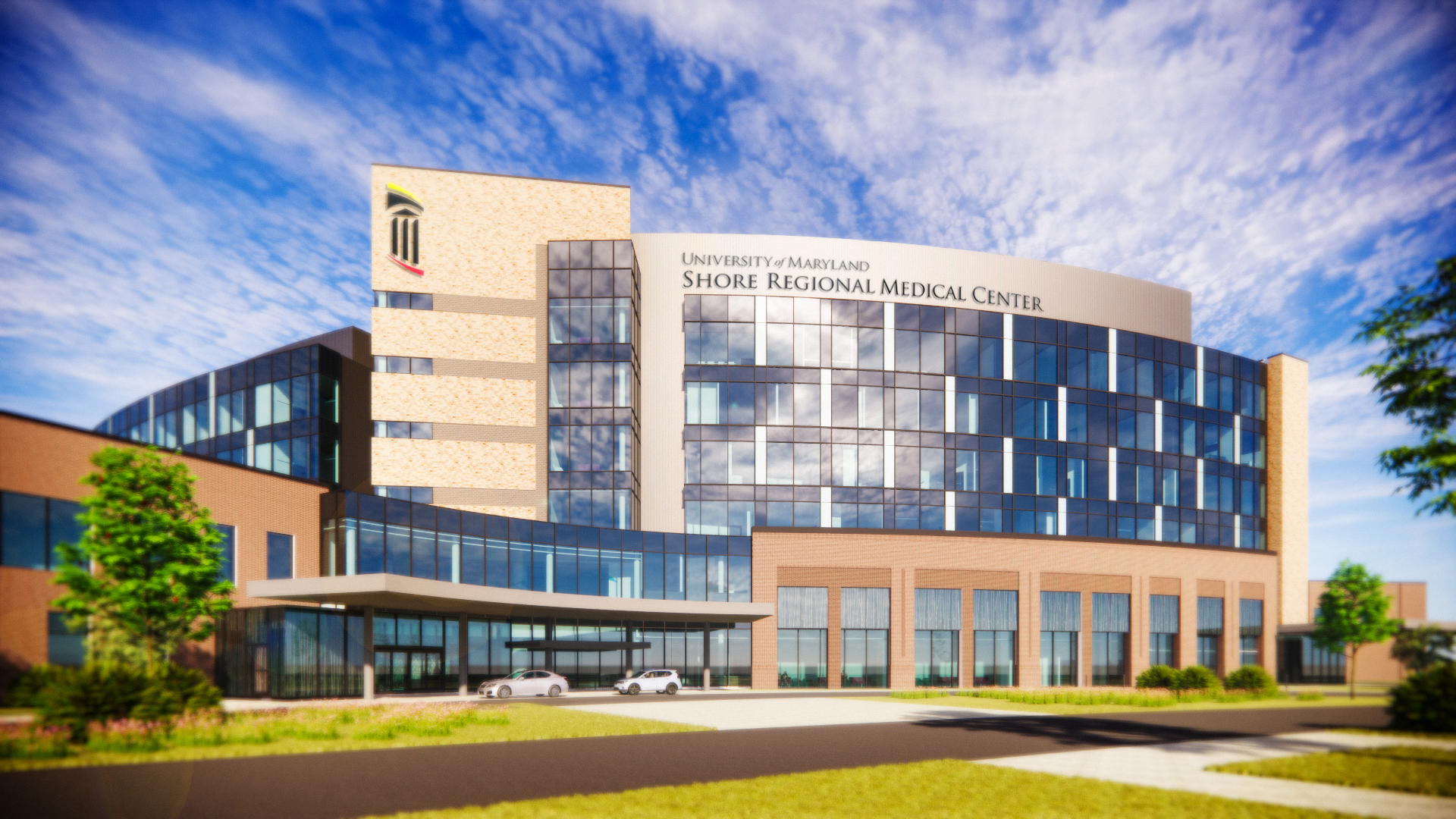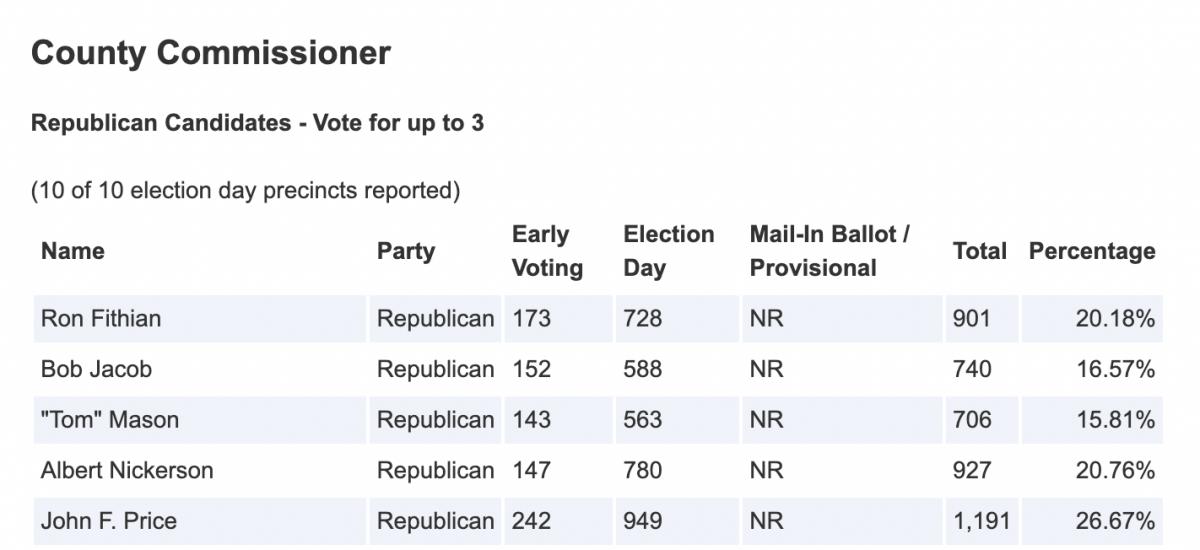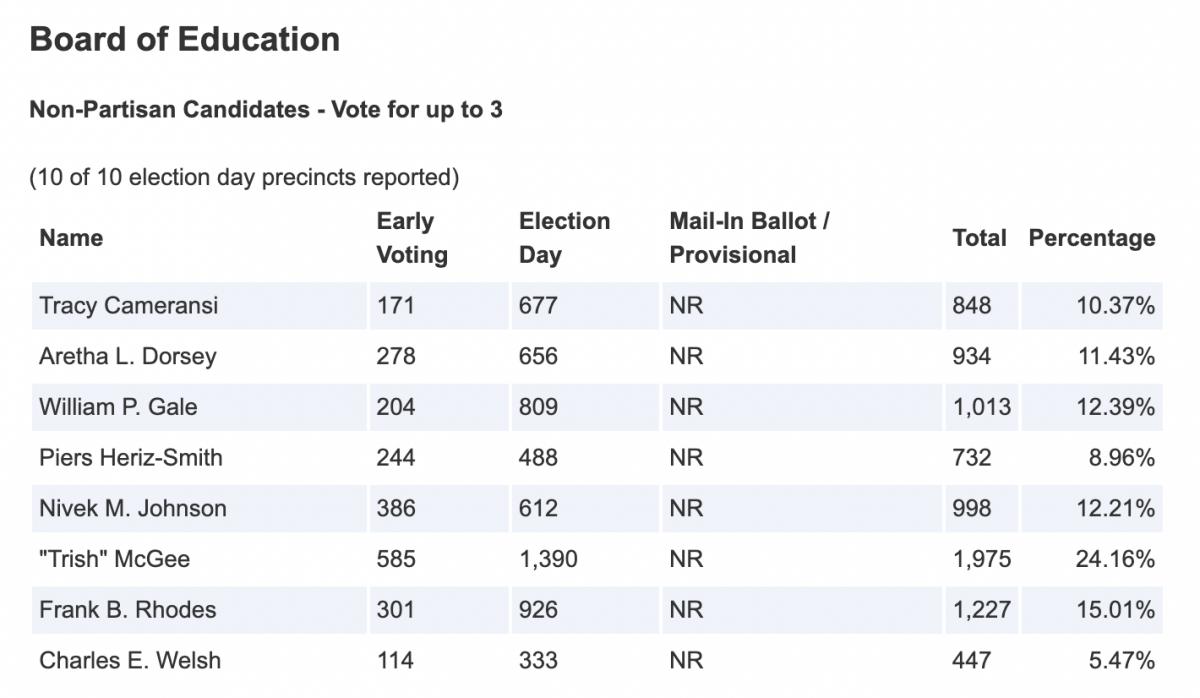 In a major policy announcement aimed at addressing longstanding racial inequities in Maryland, Governor Wes Moore unveiled a series of actions Tuesday at Bethel AME Church in Cambridge. The centerpiece was the formal launch of the state’s Just Communities designation, a framework intended to steer up to $400 million in competitive state investment to communities that have been historically impacted by discriminatory policies.
In a major policy announcement aimed at addressing longstanding racial inequities in Maryland, Governor Wes Moore unveiled a series of actions Tuesday at Bethel AME Church in Cambridge. The centerpiece was the formal launch of the state’s Just Communities designation, a framework intended to steer up to $400 million in competitive state investment to communities that have been historically impacted by discriminatory policies.
Speaking before an audience of more than 200 attendees, Governor Moore emphasized the economic and social costs of racial inequality. “We know the racial wealth gap affects all of us. It hurts our economy, restrains job growth, and limits our potential as a state,” he said. “We cannot afford to delay progress—we need action.”
The Just Communities program, signed into law in 2024, uses racial equity and community-based metrics to identify and support areas disproportionately harmed by redlining, urban renewal, environmental injustice, and high incarceration rates. Following a yearlong review by the Maryland Department of Housing and Community Development, 419 of Maryland’s 1,463 census tracts—across 17 counties and Baltimore City—have been formally designated for priority access to funding. These five-year designations take effect July 1, 2025.
“This is a first-of-its-kind designation,” said Housing Secretary Jake Day. “It is a critical step in lifting the barriers that create separate and unequal neighborhoods across our state.”
In tandem with the designation, Governor Moore also announced an expansion of his administration’s clemency actions. An additional 6,938 pardons for low-level cannabis possession convictions have been granted, extending the historic 2024 executive order that cleared more than 175,000 such convictions—the largest in the nation. The pardons will be reflected in criminal background checks, and all records will be removed from public view by January 31, 2026, per the Expungement Reform Act.
The announcement aligns with several other equity-focused initiatives from the Moore-Miller administration, including:
-
The launch of a Community Investment Venture Fund for entrepreneurs of color;
-
Funding through the UPLIFT initiative to address racial disparities in property appraisals;
-
A $4 million expansion of the Roads to Careers program supporting high-skill workforce training;
-
Previous investments of over $1.3 billion in Maryland’s Historically Black Colleges and Universities;
-
Over $816 million in state procurement awards directed to Black-owned businesses;
-
Expanded mortgage access for 1,500 first-time Black homebuyers; and
-
The ENOUGH initiative is a state-level plan to end concentrated poverty.
The event took place within blocks of Long Wharf, a former site of the domestic slave trade, and in a church central to the Eastern Shore’s Black heritage. Officials and community leaders reflected on the symbolism of the Juneteenth announcement.
“This designation represents more than funding. It signals that Maryland is serious about repairing the damage of past injustices,” said Jaelon Moaney, Vice Chair of the Maryland Commission on African American History and Culture. “This is how inclusive governance looks in practice.”
Cambridge Mayor Lajan Cephas and Dorchester County leaders echoed that sentiment, pointing to the ENOUGH initiative and its potential to foster generational change.
Governor Moore concluded the event by reaffirming his administration’s commitment to results-driven policy: “We are going to continue the work of repair with action that delivers results—not just rhetoric.”








